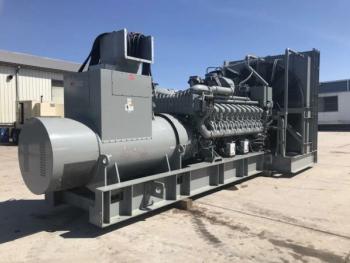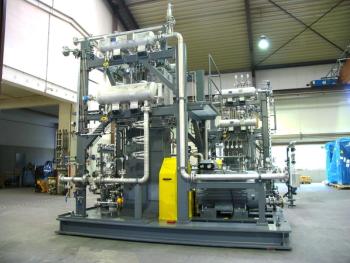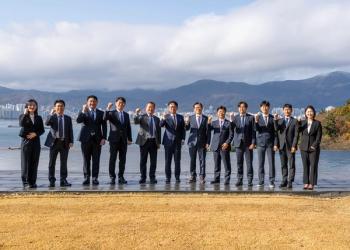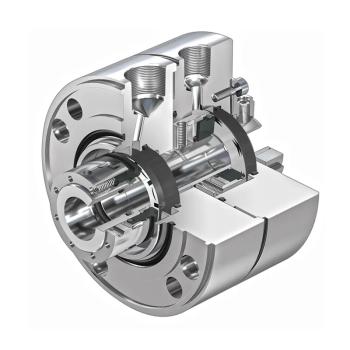
United States, Brazil Expand Climate, Clean Energy Cooperation
The United States and Brazil will collaborate on various clean-energy initiatives: bioenergy-to-hydrogen, clean energy for remote communities, carbon and methane management, and more.
Jennifer Granholm, the U.S. Secretary of Energy, and Alexandre Silveira, Brazil’s Minister of Mines and Energy, announced new joint initiatives on clean energy and renewed their commitment to the energy transition at the U.S.-Brazil Energy Forum. The United States and Brazil agreed to:
- Continue clean-hydrogen collaboration to evaluate the technical and economic feasibility of bioenergy-to-hydrogen routes. The countries will also develop a network of U.S. and Brazilian universities to promote clean-hydrogen curriculums, building a skilled workforce to achieve hydrogen goals.
- Cooperate to bring clean energy to remote communities in the Amazon by replacing fossil power systems with distributed renewable systems. The project advances the Lula Administration’s Energias da Amazonia initiative, which provides reliable and clean power to vulnerable Amazon communities.
- Launch clean energy hubs to promote the deployment of clean hydrogen and carbon capture, utilization, and storage (CCUS) technologies. It is modeled on the Department of Energy’s (DOE) Regional Clean Hydrogen Hubs Program and Carbon Capture Demonstration Projects, expanding supply, creating demand, and building necessary infrastructure for multi-use energy hubs.
- Strengthen cooperation on carbon and methane management, prioritizing technical and regulatory support to accelerate methane emissions regulation and the development and implementation of CCUS technologies.
Over the last year, the two countries have:
- Assembled the Clean Energy Industry Dialogue—a public-private forum to swap information and best practices on topics of mutual interest. Initial conversations focused on clean hydrogen and carbon management.
- Completed the first phase of a joint techno-economic study to assess the clean hydrogen production pathway from bioenergy sources.
- Hosted four technical workshops on the regulatory framework of CCUS and methane mitigation of oil and natural gas infrastructure.
- Held a joint webinar on power grid infrastructure modernization.
- Continued the partnership on civil nuclear power, renewing their commitment to the modernization of nuclear power regulation and the Angra-1 nuclear power plant.
Other DOE News
In late September 2024, the
GE Vernova will lead a project team called H2Net, including Clemson University and Roper Mountain Science Center based in Greenville, SC. The company will enter award negotiations with the DOE valued at $1 million to finalize the terms and scope of the project. As part of the program, H2Net will develop an artificial intelligence assistant trained on the relevant, critical documents for safe hydrogen handling and permitting.
Also in September, the
Newsletter
Power your knowledge with the latest in turbine technology, engineering advances, and energy solutions—subscribe to Turbomachinery International today.





